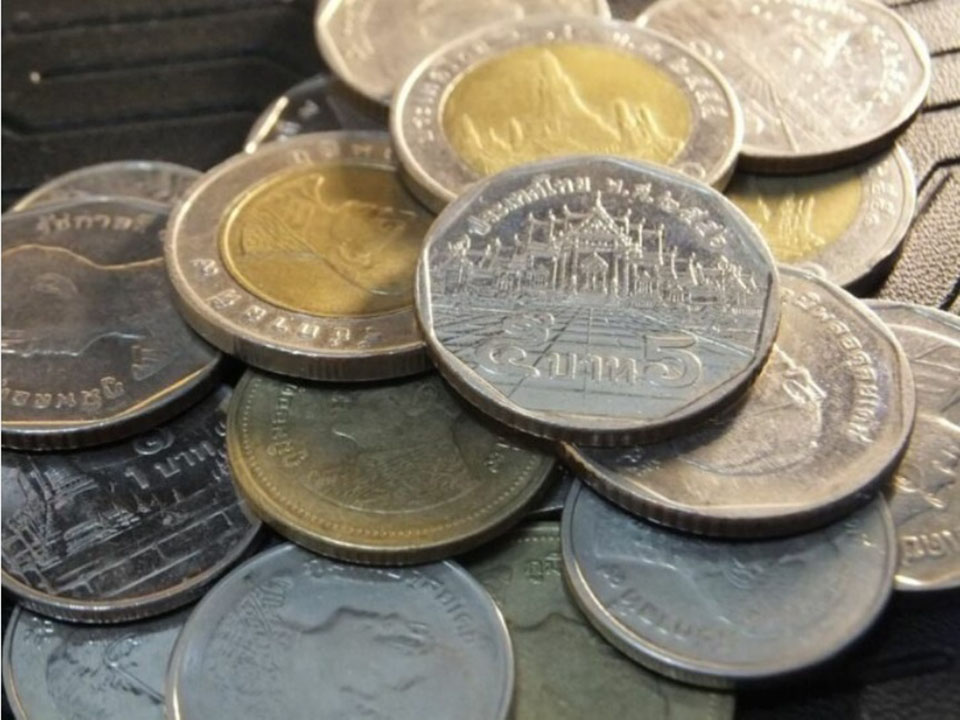
BANGKOK, Thailand – The Thai baht opened at 33.89 THB/USD this morning, showing significant depreciation from last week’s close of 33.64 THB/USD. The baht has been fluctuating since last Friday, moving within a range of 33.55–33.92 THB/USD, though it hasn’t consistently weakened despite mixed US economic data. Notably, the US nonfarm payrolls report showed a smaller-than-expected increase of 143,000 jobs, while the unemployment rate decreased slightly to 4.0%. Meanwhile, the annual wage growth of 4.1% exceeded expectations, raising concerns about inflationary pressures.
The baht’s depreciation has also been affected by rising inflation expectations in the US, which surged to 4.3% according to the University of Michigan’s consumer sentiment index. These factors, combined with President Donald Trump’s threats of reciprocal tariffs, have led to growing concerns in the market over US inflation and a reduced probability of the Federal Reserve cutting interest rates in 2023. The dollar and US 10-year bond yields have both risen, putting pressure on the baht, gold prices, and other currencies, especially the euro.
Despite this, the baht has received some support from the ongoing rise in gold prices, which has alleviated some of the downward pressure caused by concerns over US trade policies.
Looking ahead, analysts are watching the direction of US trade policies, particularly reciprocal tariffs proposed by the Trump administration, and the upcoming US Consumer Price Index (CPI) report.
The baht is expected to remain volatile, with potential risks of further weakening, especially if it falls past the 34.00-34.10 THB/USD level. Factors such as the US dollar’s movement, gold prices, and Chinese yuan (CNY) trends will also play key roles in shaping the baht’s future direction.
In the coming week, the market will also monitor the outlook for foreign investment flows in Thailand’s stock market, as there may be some recovery in foreign buying. If US economic data beats expectations or the US moves forward with additional trade policies, the dollar could strengthen further, adding pressure to the baht. Conversely, if US CPI comes in lower than expected or risk sentiment improves in financial markets, the dollar could weaken, which might relieve some pressure on the baht.










